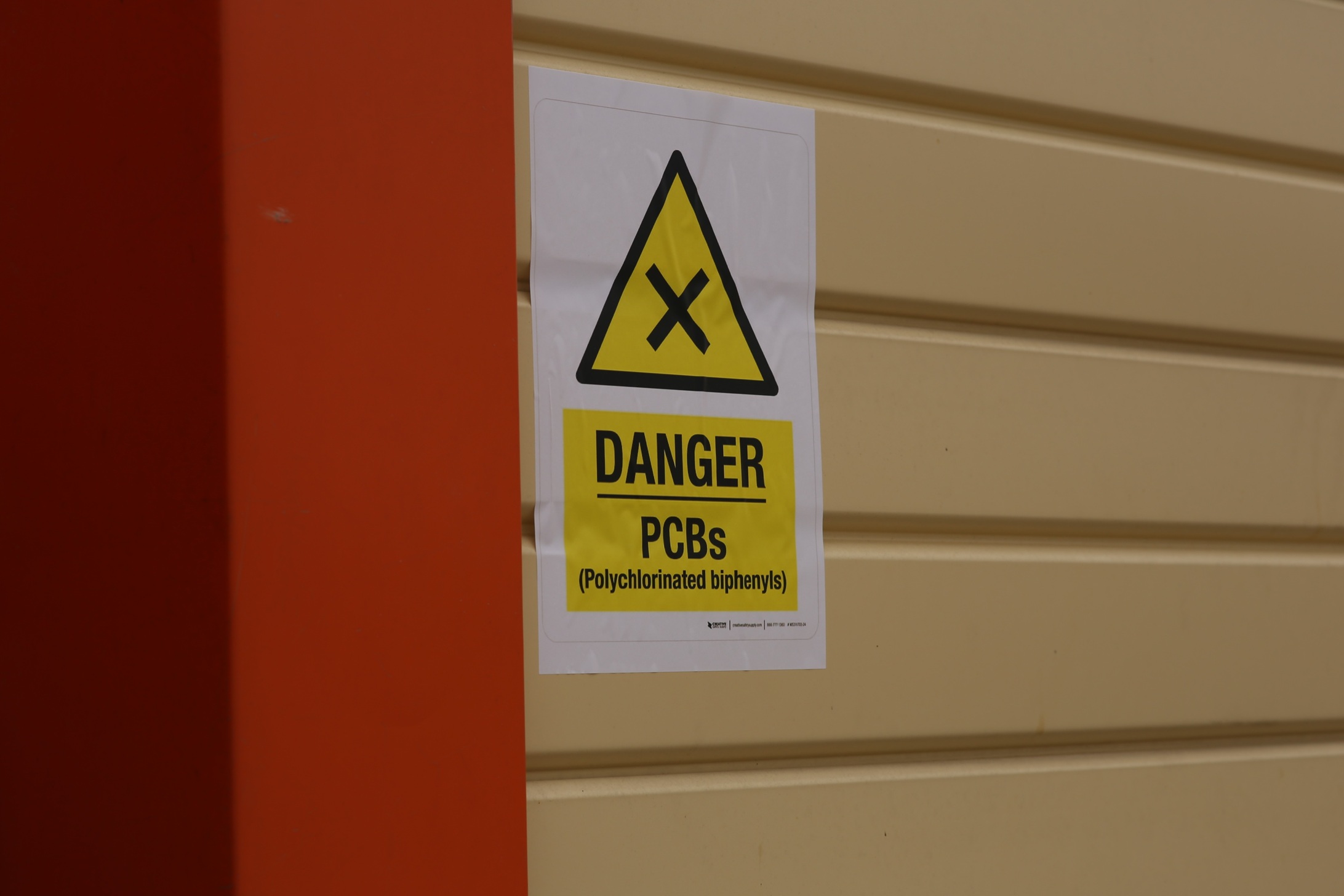
Polychlorinated Biphenyls (PCBs) are a class of industrial chemicals classified as Persistent Organic Pollutants (POPs). Historically they have been utilized in industrial equipment, particularly in the insulating oil of electrical transformers, because of their excellent chemical stability, non-flammable nature and high boiling point. However, PCBs are highly hazardous.
As UNIDO International Expert Aleksandar Mickovski explains, “They are of great danger for the human health and environment. POPs are well known that they are bioaccumulative, they can bio-magnify in the food chain. They are toxic, carcinogenic as well.” Exposure to PCBs poses serious threats to human health, including damage to the immune and nervous systems, and is linked to the development of malignant tumors. Due to these recognized severe risks, the production and use of PCBs are restricted or banned globally under the Stockholm Convention.
This issue is of critical importance to Georgia, which is a Party to the Stockholm Convention. Commitment to the treaty requires Georgia to undertake decisive measures toward the total elimination of PCBs. Specifically, the country is obligated to remove all PCB-contaminated equipment from use by the deadline of 2025 and to ensure the complete, environmentally sound management and final disposal of all PCB waste by 2028. These actions are fundamental to safeguarding Georgia’s public health and environmental integrity.
To facilitate compliance with these international mandates, the Ministry of Environmental Protection and Agriculture of Georgia and the Regional Environmental Centre for the Caucasus (RECC), with the partnership of United Nations Industrial Development Organization (UNIDO) launched the large-scale “PCB-Free Electricity Distribution in Georgia” project financed by the Global Environment Facility (GEF). The primary objective of the project is to achieve the environmentally sound management of PCB-containing oils and to enhance national regulatory and technical capacity within the energy sector.
Vladimir Anastasov, UNIDO Industrial Development Officer, highlighted the strategic importance of the project’s timeline: “The project for decontamination of transformer oils from PCB contaminants in Georgia basically follows the approach which combines experienced and knowledgeable service providers. The idea is to enable the decontamination in the time frame that is an obligation by all the parties such as Georgia to the Stockholm Convention which necessitates the removal of all PCB contaminated equipment from use by this year 2025 and its elimination by 2028.”
The inaugural phase of the project focused on the identification and quantification of contamination. Working in cooperation with 15 Georgian companies across the energy, railway, and water supply sectors, the project collected and analyzed oil samples from a total of 7,000 transformers. A two-step testing protocol was implemented, beginning with non-specific field screening (chlorine-specific analyzer) followed by mandatory Gas Chromatography (GC) verification in an accredited laboratory for all suspicious samples. This rigorous process confirmed PCB contamination (oil testing above the 50 ppm limit) in 334 transformers, representing a contamination rate of 5.57% of the tested population. The detailed inventory confirmed a total volume of 118,465 kg (over 118 tons) of contaminated oil requiring phased removal.
Following identification, the project advanced to the retrofilling phase, a necessary technical procedure to decontaminate operational transformers. The internationally licensed Greek waste management company, Polyeco, provided specialized theoretical and practical training to personnel from major Georgian companies, including Energo-Pro, Telasi, and Georgian Railway. This training focused on safety protocols and the correct technical process, which encompasses: 1) the safe draining of contaminated oil; 2) flushing the transformer to ensure internal cleaning and prevent cross-contamination; and 3) refilling the unit with new, environmentally appropriate dielectric fluid. Essential safety equipment, such as Personal Protective Equipment (PPE) and UN-approved drums, was supplied by the project. All drained PCB oil is currently packaged and stored at the licensed central temporary storage site managed, pending final disposal. The retrofilled transformers will be re-tested after 90 days to confirm their reclassification as PCB-free.
The definitive final stage involves the export and permanent destruction of the hazardous waste. All collected PCB oil and associated contaminated materials will be shipped out of Georgia. The transboundary shipment and final elimination are executed under the supervision of the certified Greek company, Polyeco. The waste will be transported to a highly specialized, internationally licensed final disposal facility in France, where it will undergo irreversible destruction using certified high-temperature combustion technology. This ensures the permanent removal of these dangerous POPs from the national environment, successfully concluding Georgia’s obligations related to the identified PCB stockpiles under the Stockholm Convention.